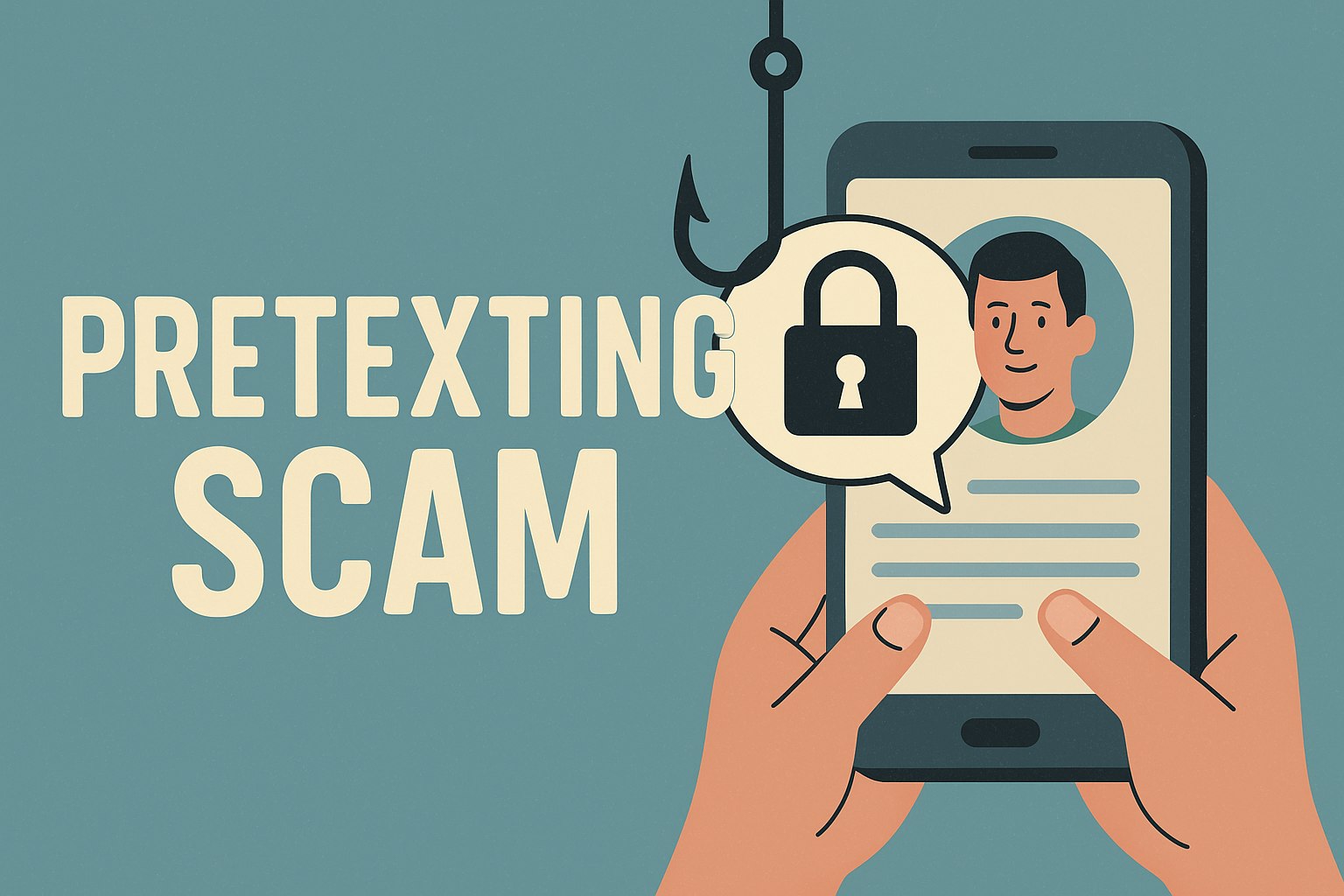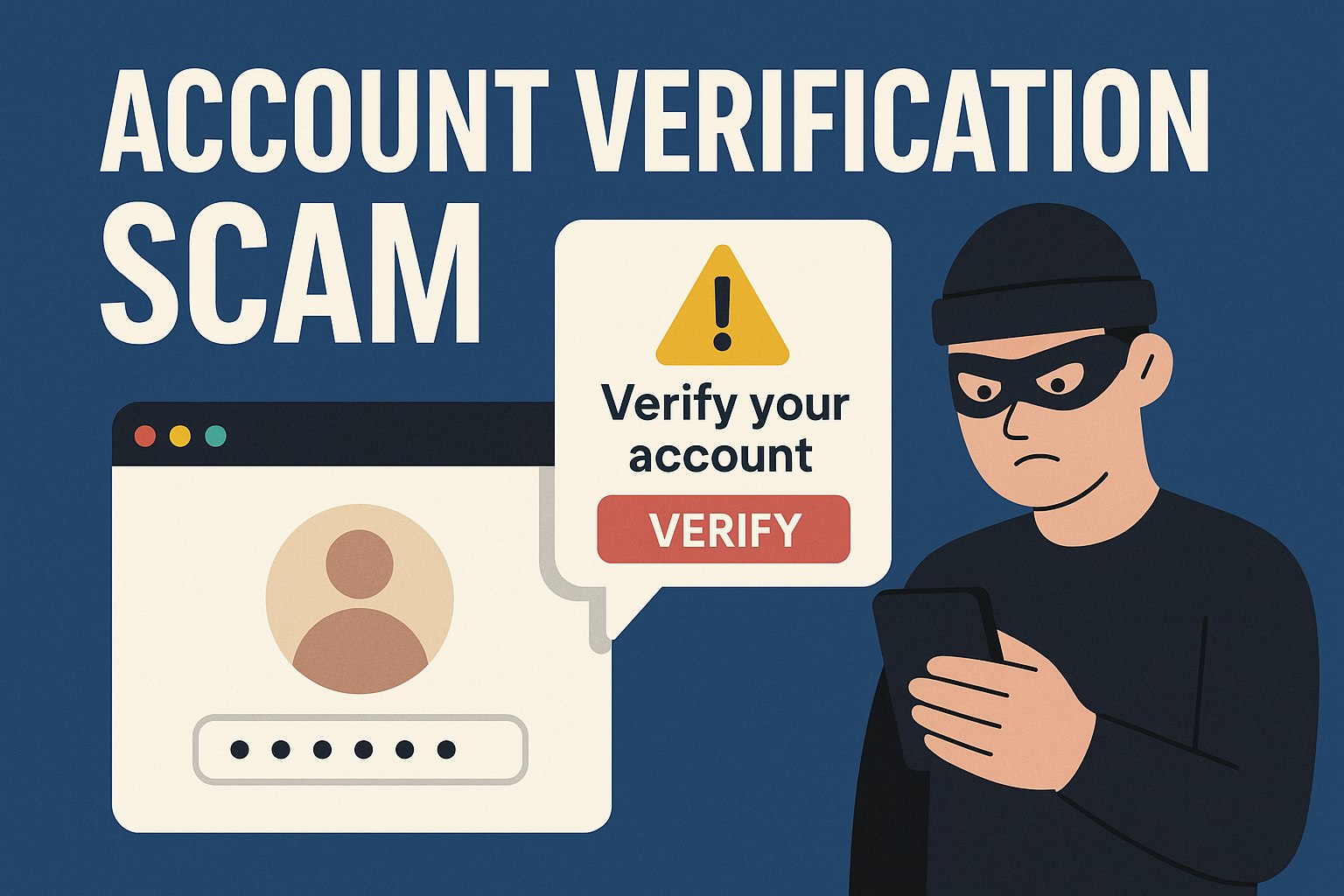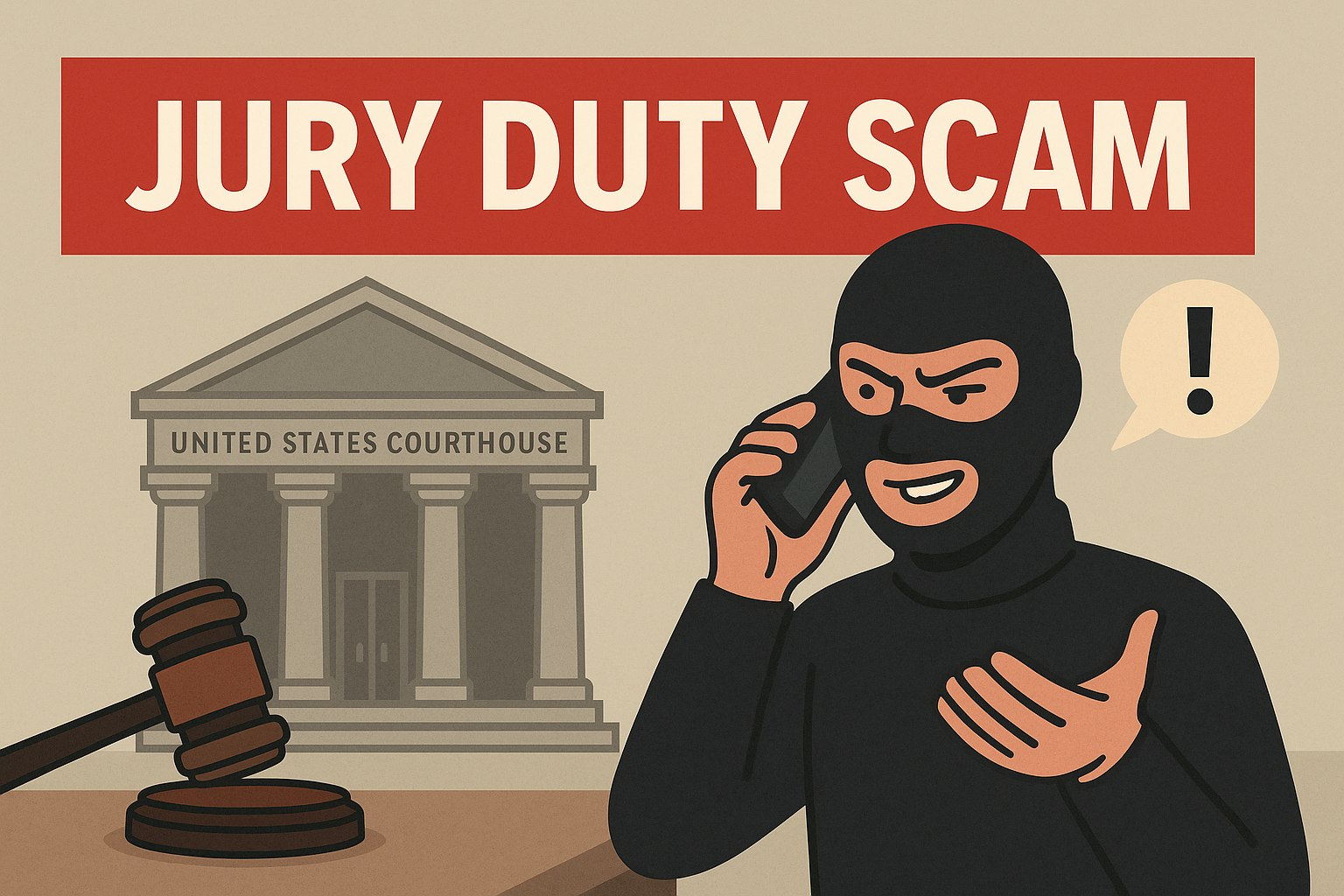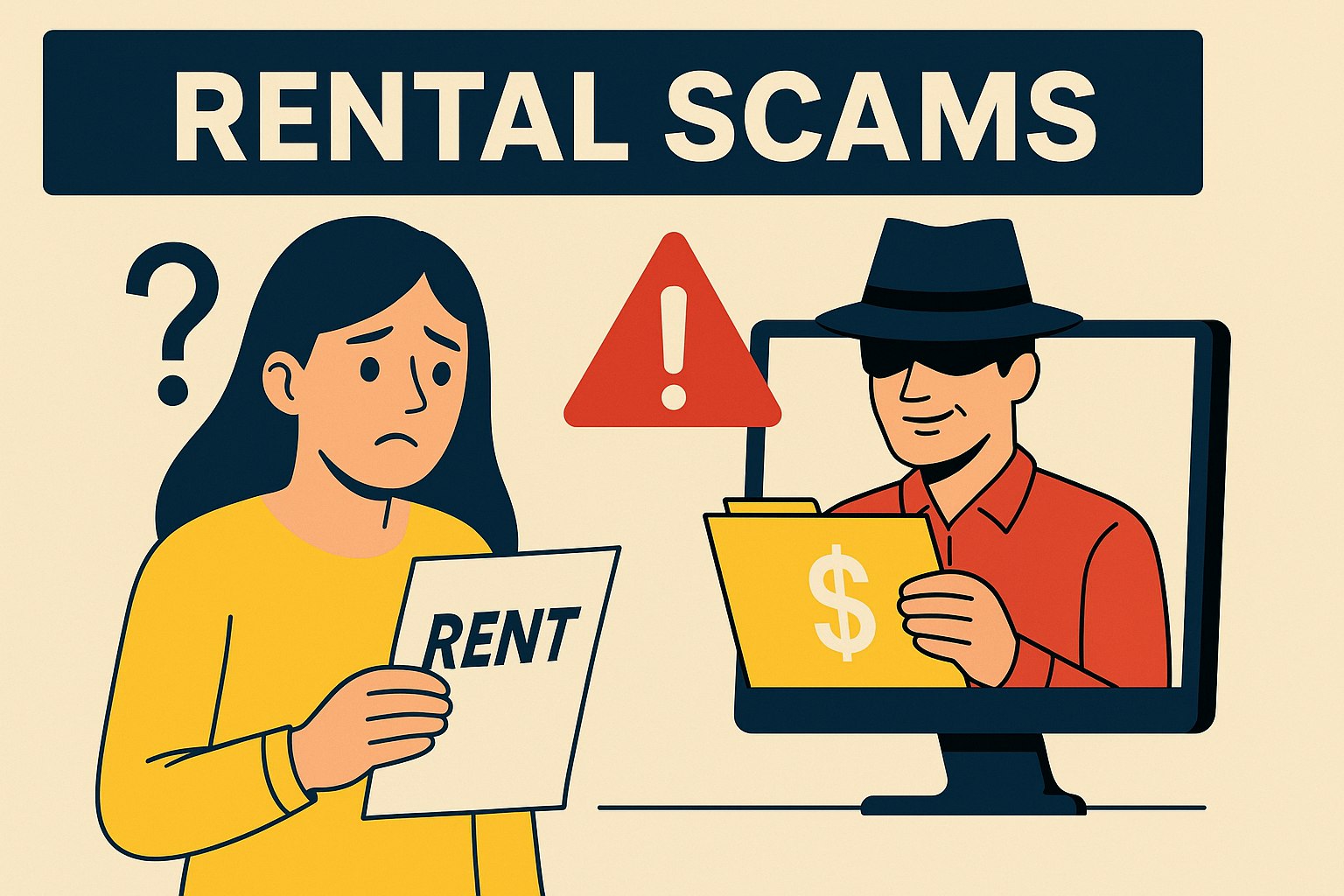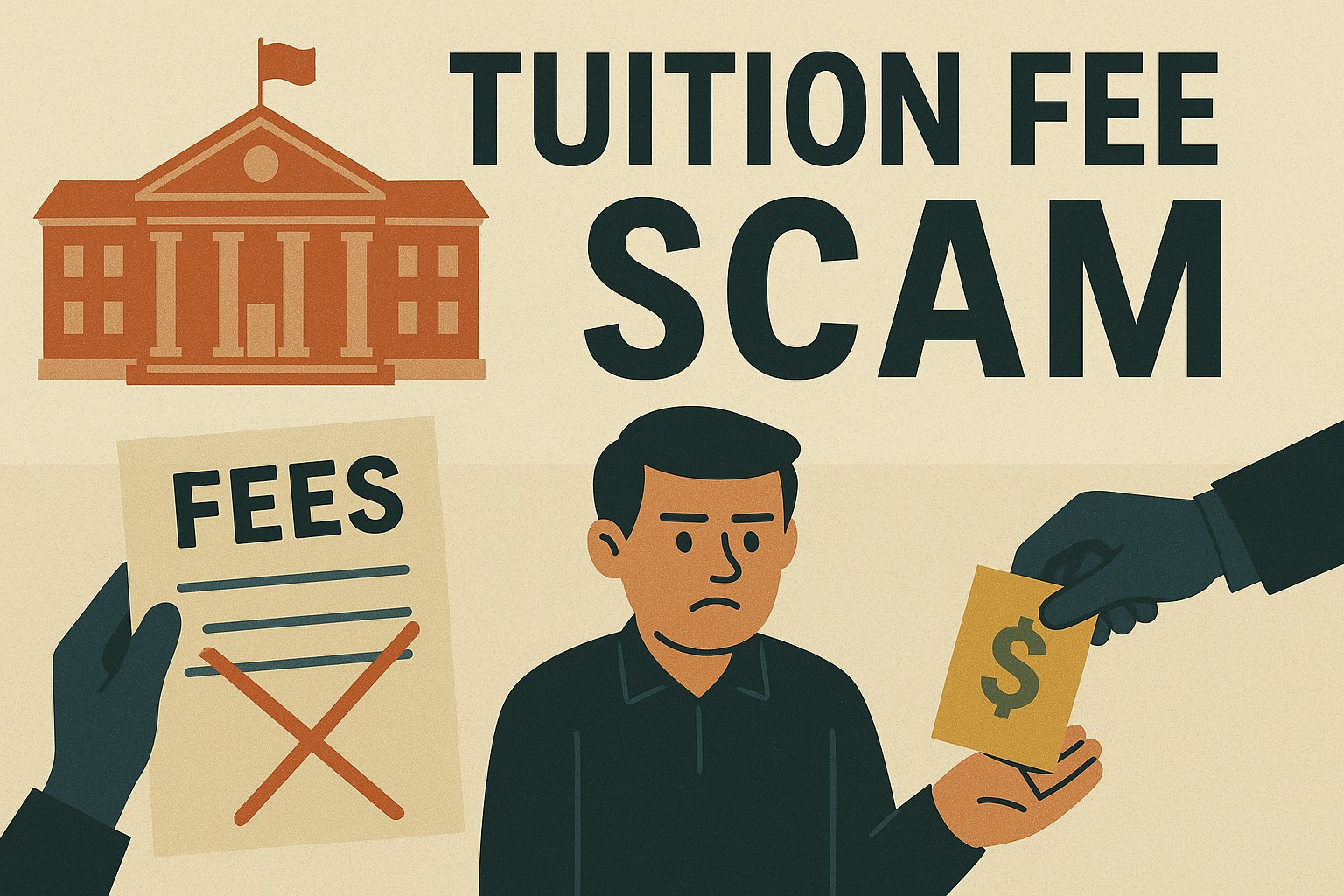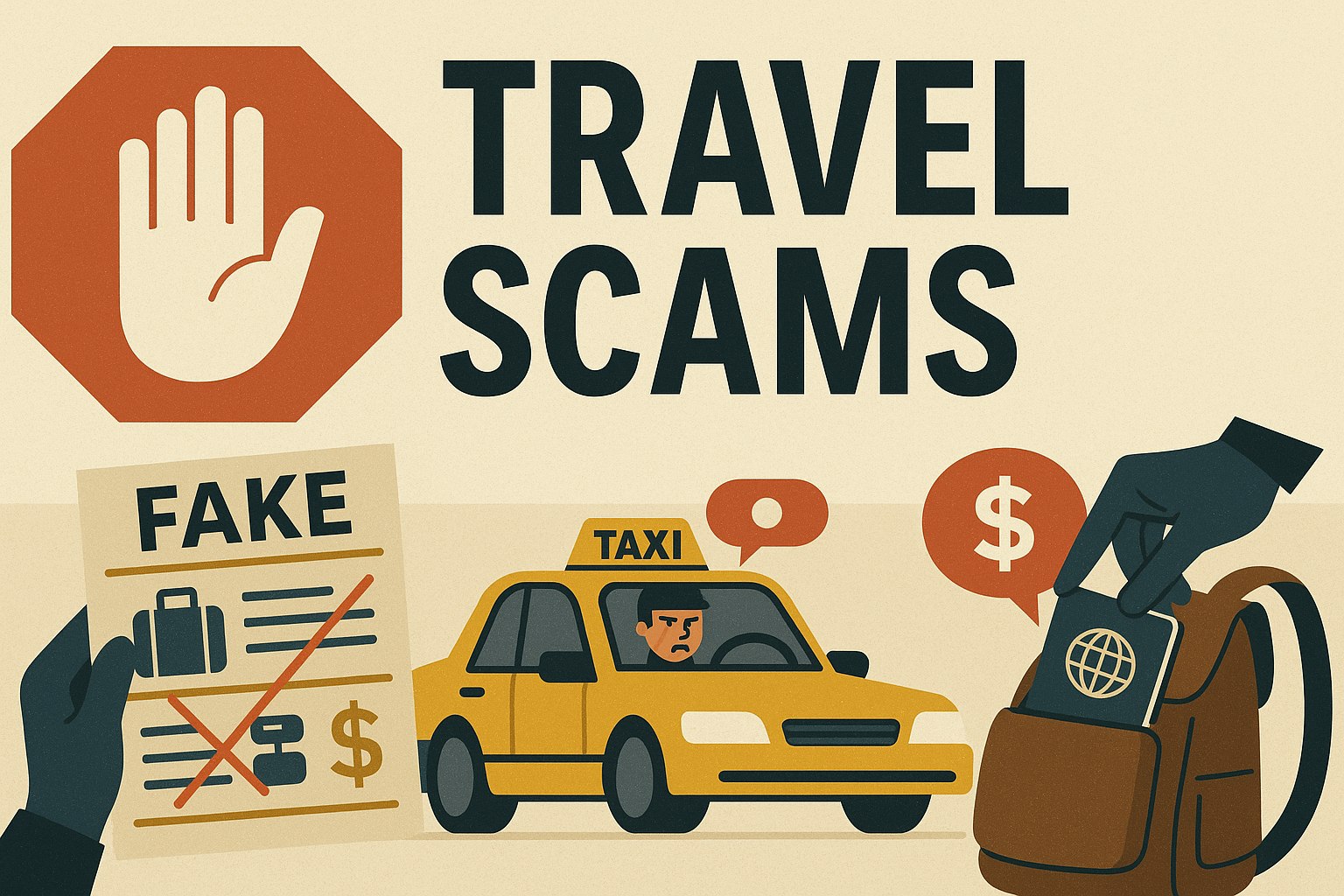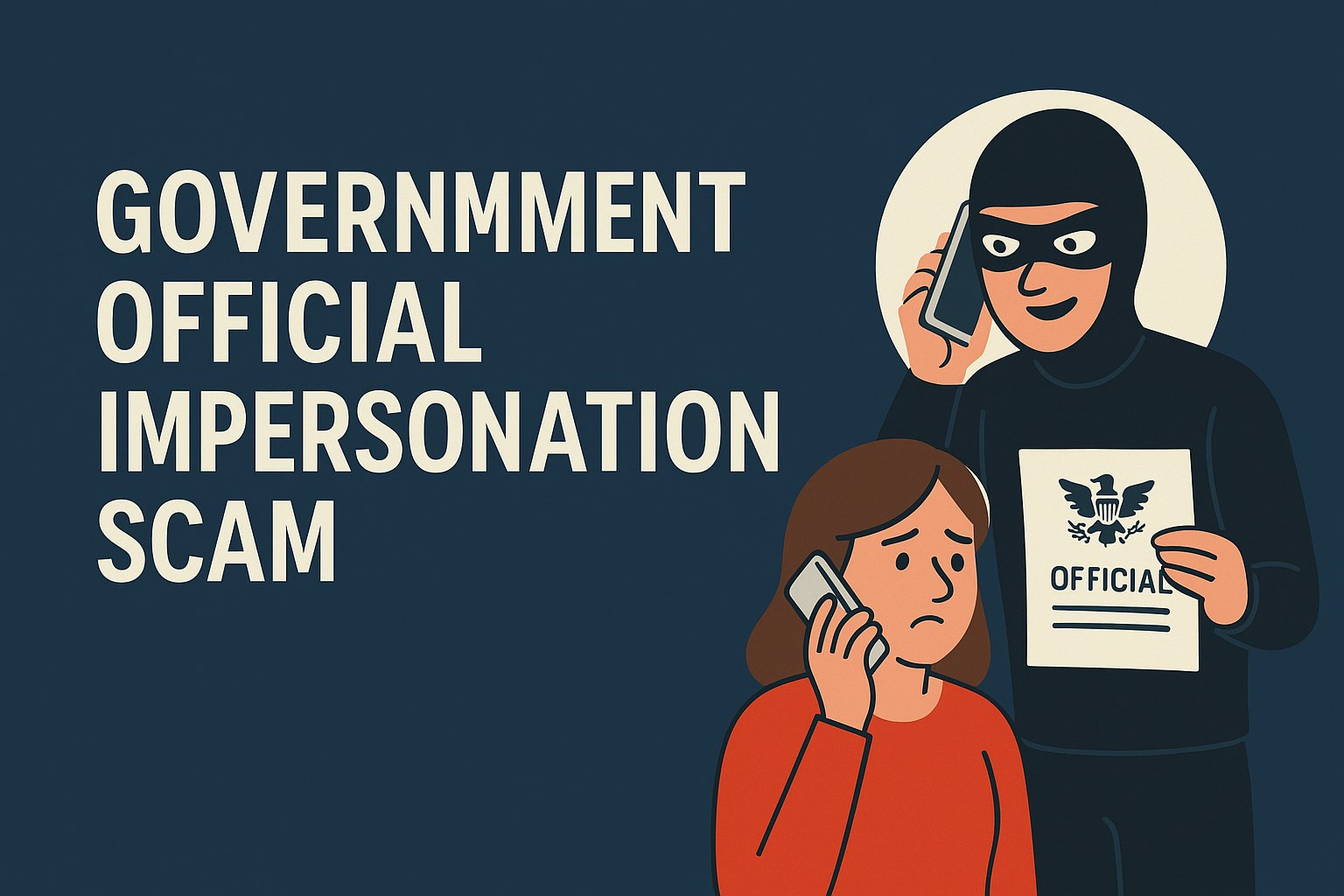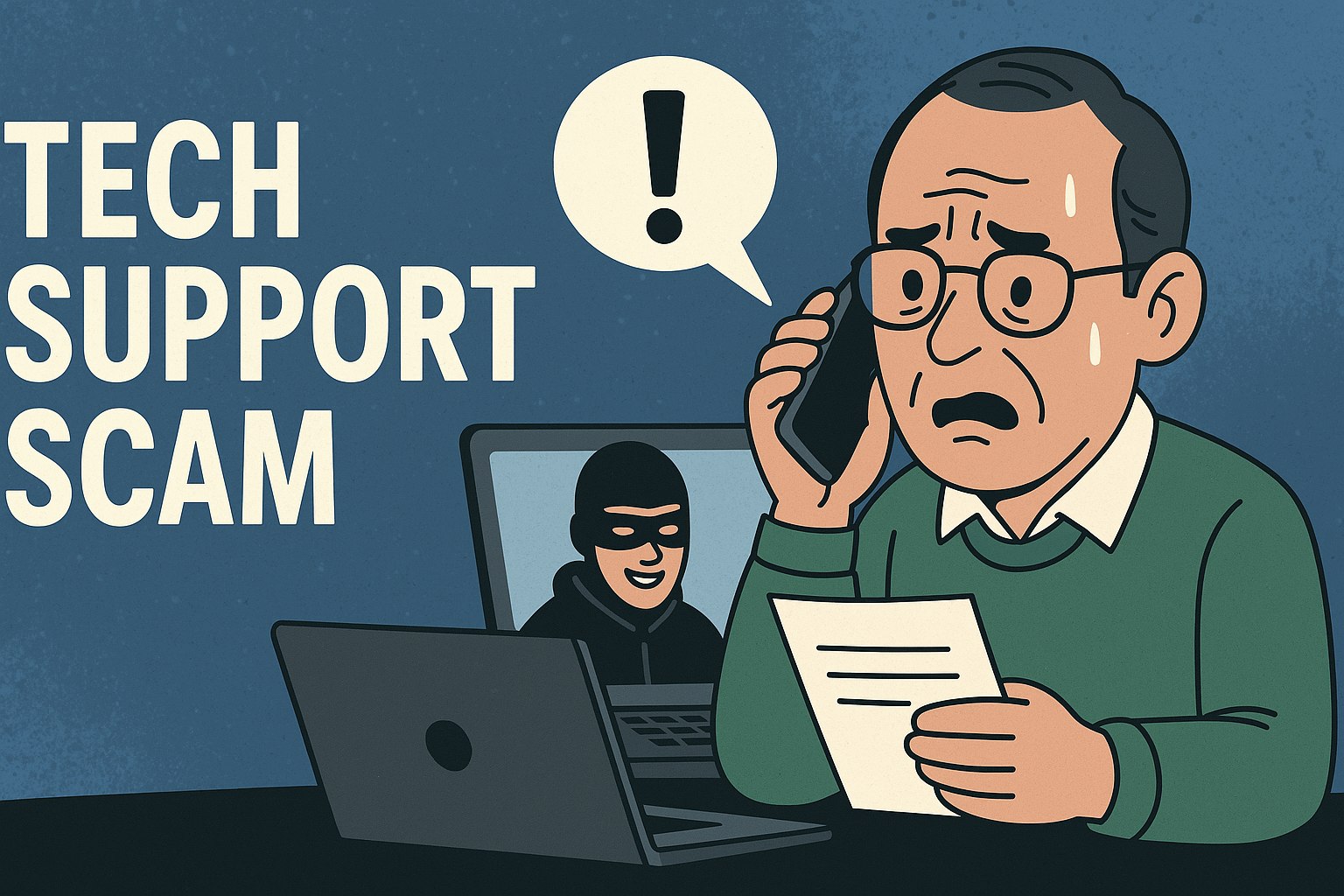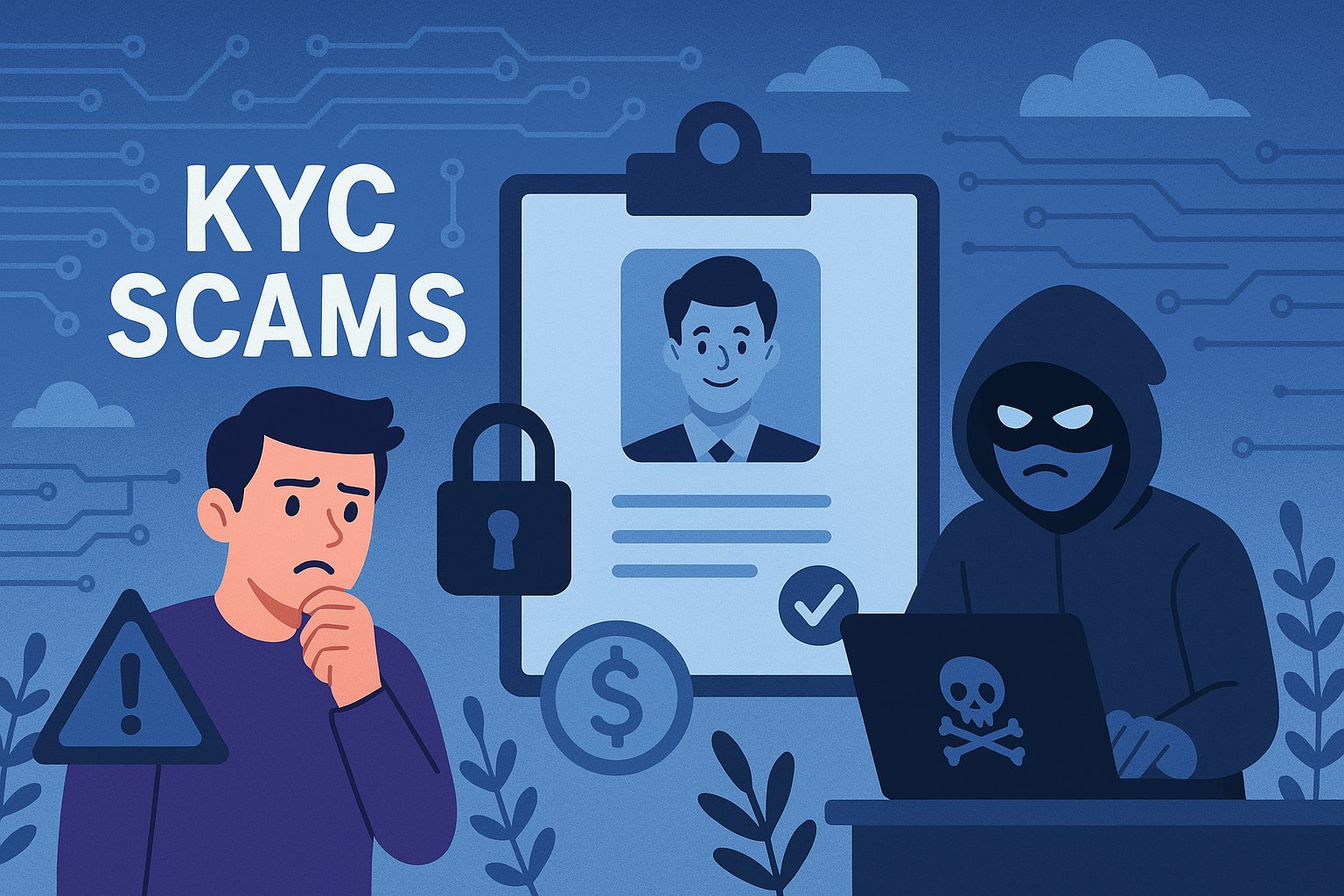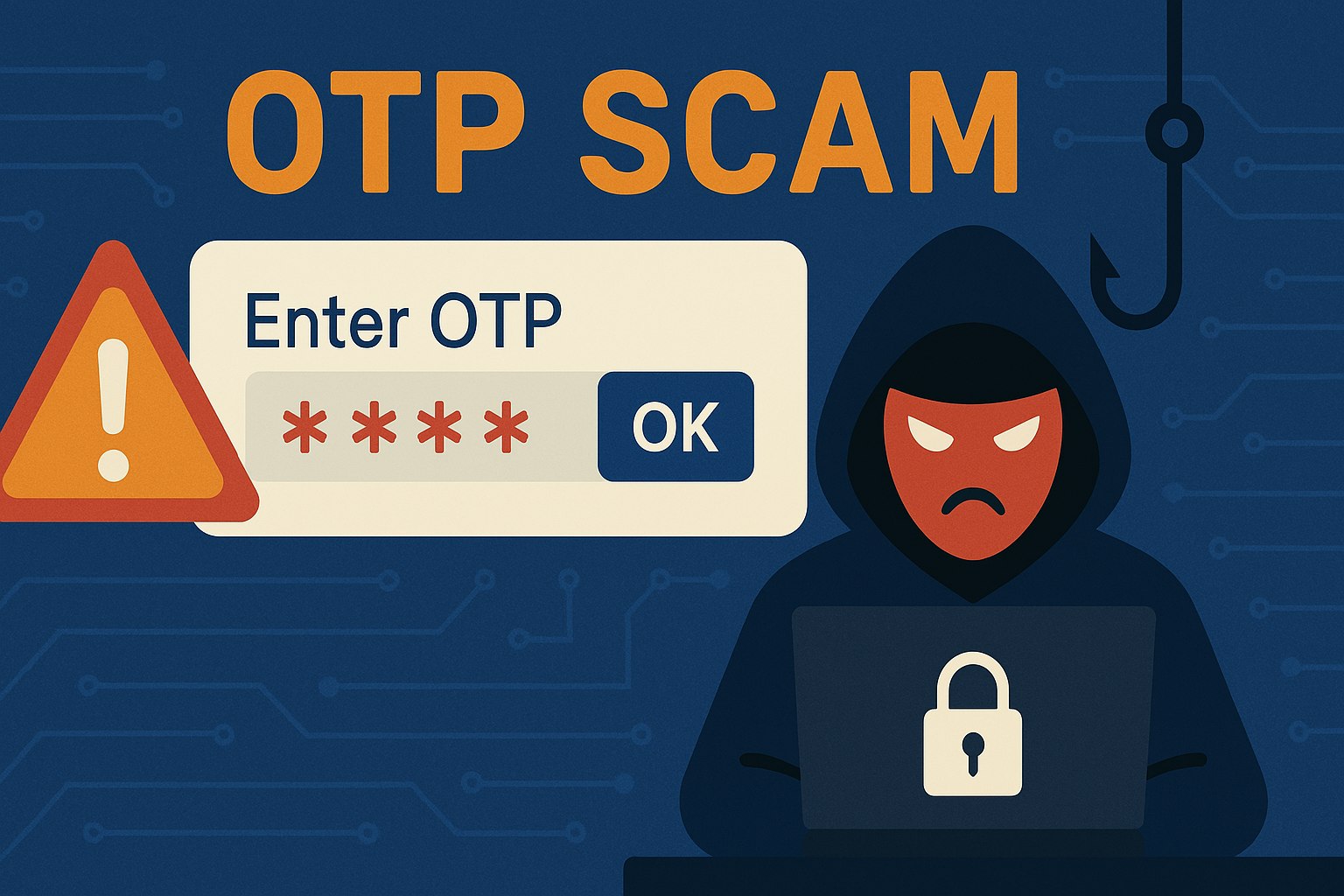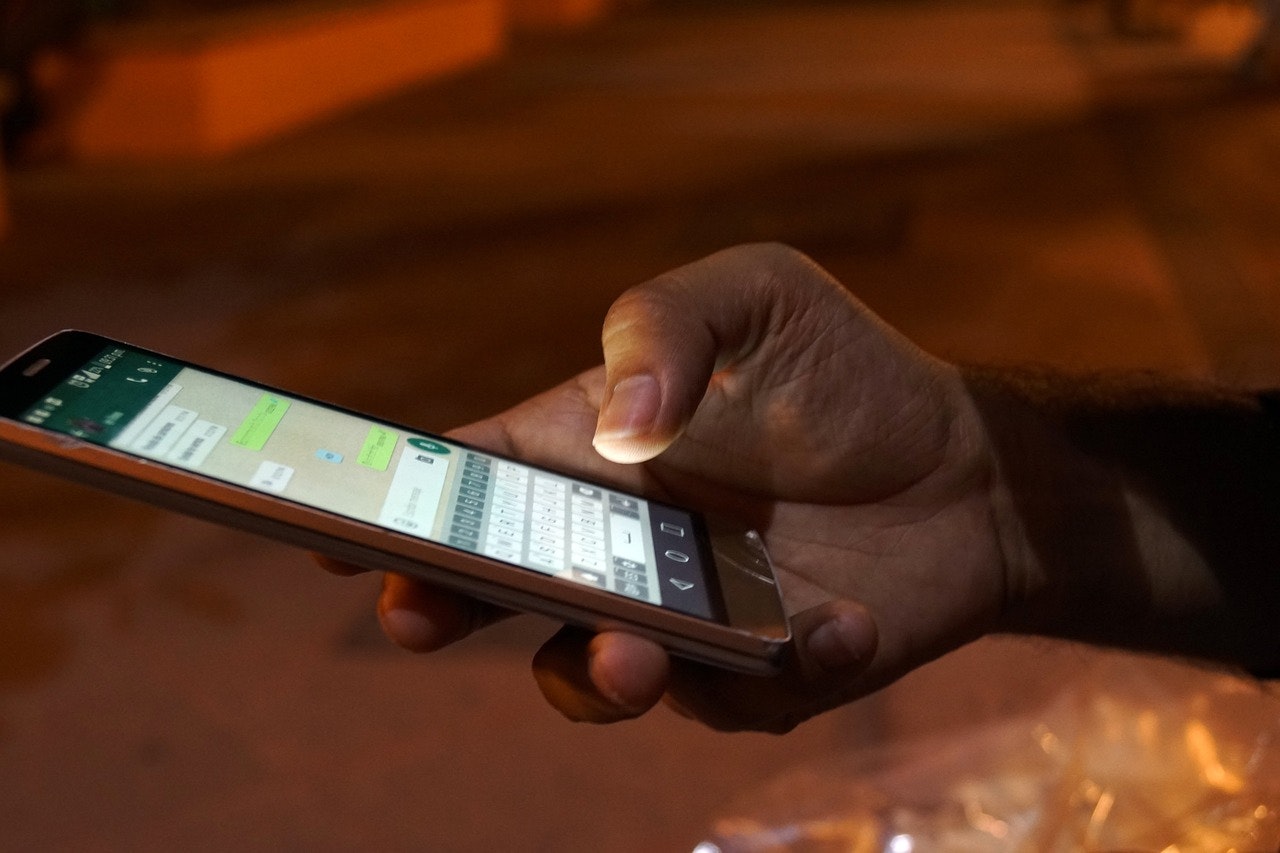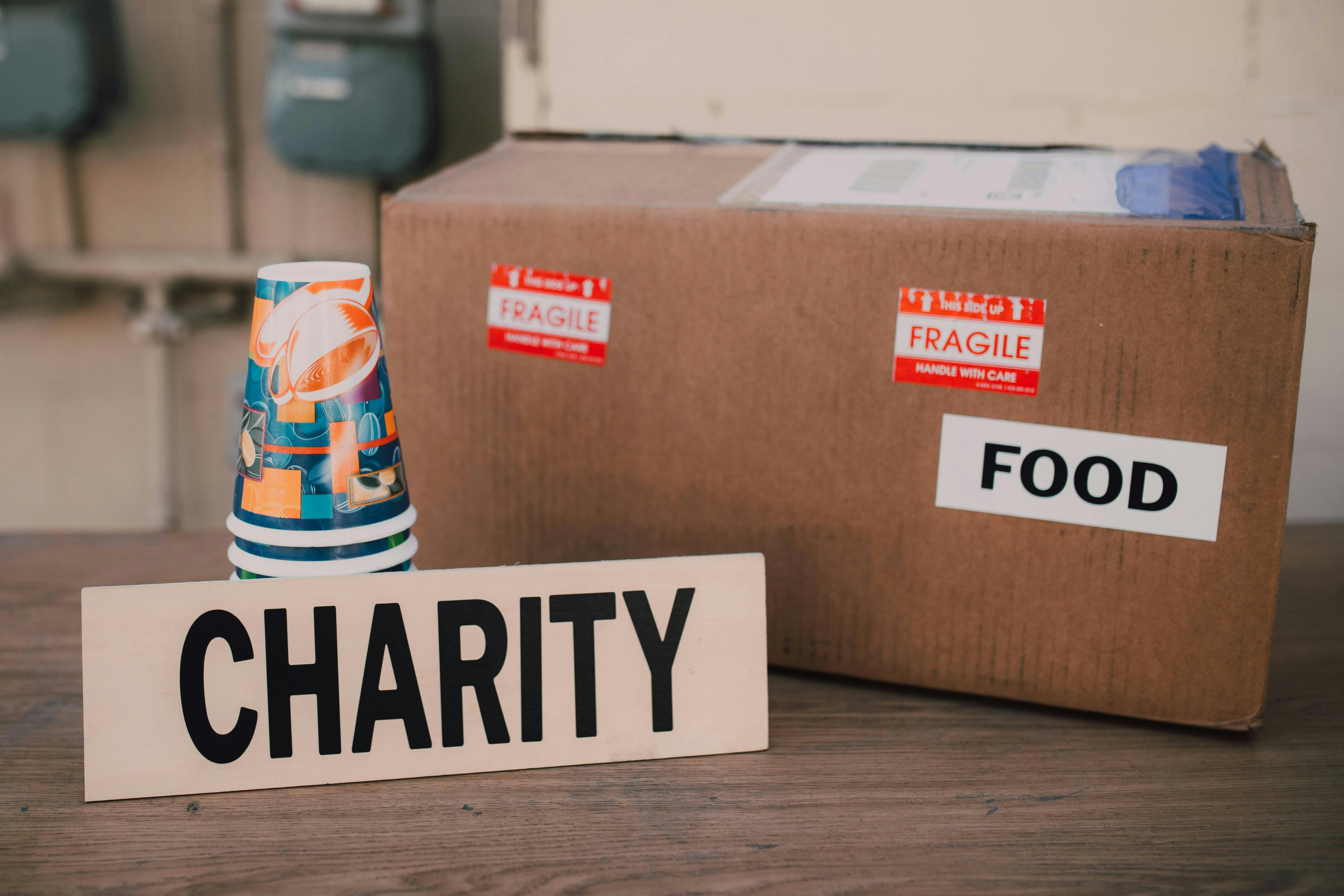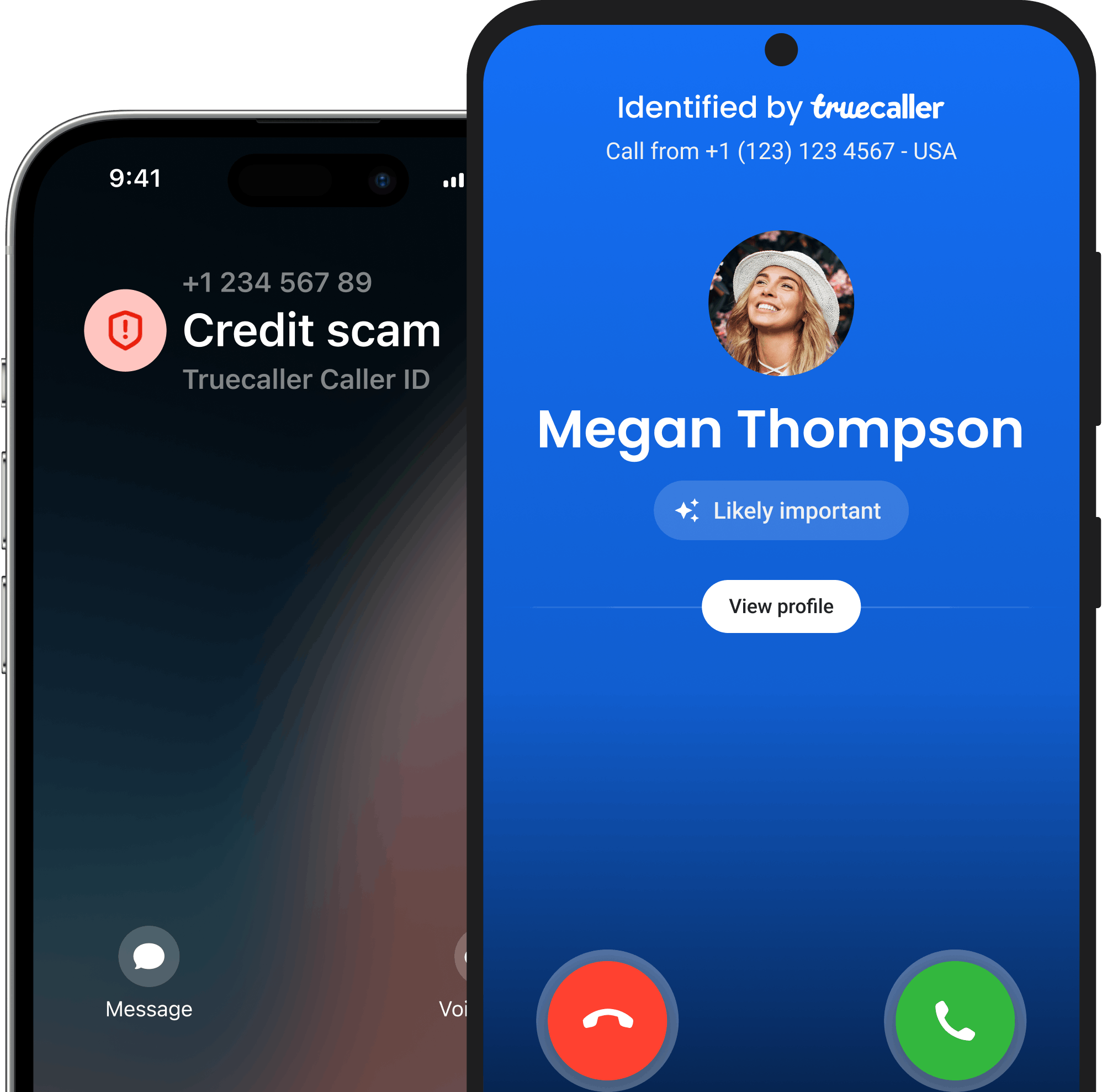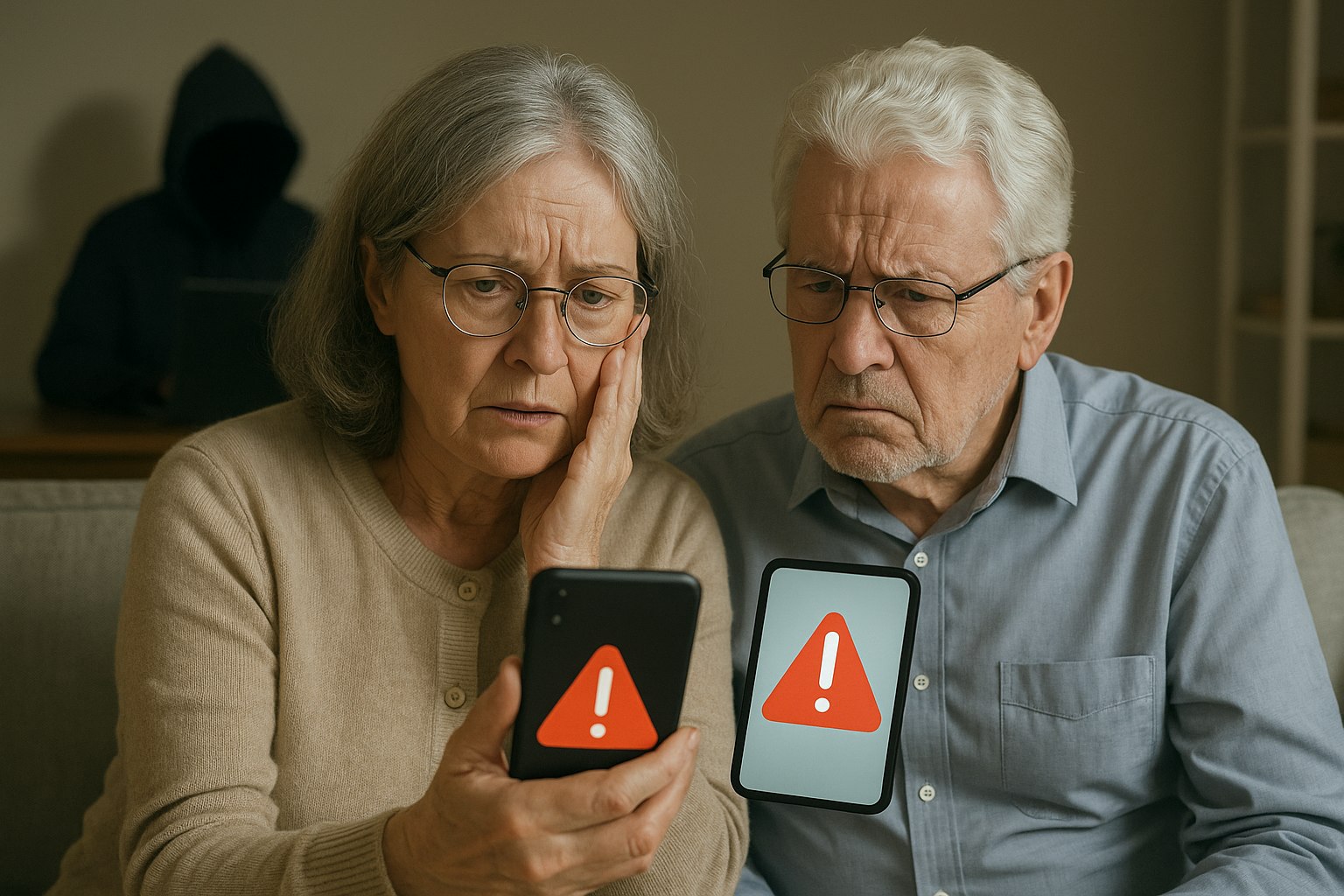
Grandparent Scams
What is a grandparent scam?
In grandparent scams, scammers try to emotionally manipulate grandparents by pretending to be their grandchildren. They try to convince grandparents by telling a fake story, such as being kidnapped, involved in an accident, or caught in legal trouble. Scammers may replicate voices using AI or use tricks like soft, muffled speech to deceive their victims. Their sole objective is to create fear and urgency, convincing grandparents that their grandchild is in trouble and needs immediate financial help.
Grandparent scams have been reported in countries like the USA, Canada, UK, Australia, Germany, France, India, and Japan, to name a few. In November 2024, two individuals were arrested in Rhode Island, USA for scamming an elderly couple into paying $18,000. Scammers deceived the couple by making them believe they were helping their grandson with bail. Both scammers contacted grandparents again by telling them that they need to pay $40,000 more because the grandchild has been sued for $100,000. By this time they knew it was all a scam and they contacted Warwick Police Department who later arrested the guy who was acting as a courier and his friend who was waiting for him in the car.
How your grandma/grandpa can be scammed: Common tactics to watch out for:
Before contacting a grandparent, scammers gather information about the grandchild through social media or the dark web to gain a better understanding of the family. This profiling helps them build a more convincing story, increasing their chances of gaining the grandparent’s trust.
Scammers call the grandparents and say something like, “Hey, Grandma! It’s me.” Usually, after this, the grandparent will most likely say the grandchild’s name, allowing the scammers to proceed with the scam.
Nowadays, scammers are using AI to mimic the exact voice of a victim’s grandchildren or other relatives by extracting voice clips from social media. This makes it extremely difficult to distinguish between a real call and a fake one.
Scammers carefully plan the timing and craft fear-inducing stories to deceive grandparents by manipulating their voices . They often claim to be in an accident, in legal trouble, or that they are held against their will. To sound convincing, they may speak in a low voice, sob, or blame a bad connection for any changes in their tone. These calls might come late at night when elderly individuals are more vulnerable and less alert.
Bad actors manipulate their victims by begging them to keep everything secret, falsely stating that they are ashamed of what has happened or that they will face serious consequences if the information is revealed. This isolation tactic increases emotional distress, making it harder for grandparents to think rationally and verify the caller’s identity.
To make it look legitimate, scammers often introduce a third character in the call which would be an authority figure trying to continue to use scare tactics to ultimately ask for huge payments whether in the name of hospital bills, ransom or legal fees.
After innocent grandparents are convinced, they are asked to pay through gift cards, wire transfers, or, in some cases, even hand over the money in person.
Grandparent Scam Alert: How to protect yourself and your loved ones
It is a good practice to ask the caller to identify themselves before continuing the conversation—even if the call appears to come from a known number. Scammers can spoof numbers, making it seem like the call is from someone you trust. Always verify that the person you are speaking with is truly who they claim to be.
Whether it’s your actual grandchild or a scammer, it’s important to stay calm and think. Did the caller say their name, or did they make you say it? To verify their identity, try asking a question only you and your real grandchild would know the answer to. Do not make any urgent payments.
Regardless of what the 'grandchild' says, inform their parents or other trusted relatives. It's safer if they are aware of the situation, and it also helps ensure you aren’t getting scammed.
Never share your bank details, address, ID, or passwords. Scammers can use this information to hack into your bank or social media accounts.
Create a safe word or phrase for your family members and practice using it regularly. If you ever receive a distressing call, ask for the safe word to verify the caller’s identity before taking any action. This simple step can help protect you from scams.
Be extra cautious if someone requests immediate payment through wire transfers, gift cards, or cash. Scammers often use these methods because they are difficult to trace and recover.
To reduce the risk of being targeted by scammers, keep your social media accounts private. Limiting access to your personal information makes it harder for scammers to gather details they can use to deceive you.
In today’s world where scammers are becoming more sophisticated, you need reliable technology to stay protected. The Truecaller app helps you identify unknown callers and block spammers and scammers. With the Premium Family Plan, you can extend this protection to four members of your household and enjoy advanced features like AI call scanner, and advanced spam blocking.
What to do if you are a victim of a grandparent scam?
Understandably, being tricked out of your savings is distressing. However, knowing what steps to take next is just as important. Read on to learn what you should do after falling victim to a scam.
- Alert your bank or other payment systems: If you have transferred money through your bank, contact them immediately. The sooner you act, the higher the chances of recovering your funds. If the payment was made through a payment app or a gift card service, alert their customer support and ask if they can stop the transaction or at least put it on hold.
- Monitor Your Accounts: Keep monitoring your bank accounts so you can report suspicious payments immediately.
- Alert others: Inform others so they are aware of newer tactics used by the scammers.
- Report on Truecaller: Truecaller has an advanced spam detector that helps filter out scammers and alerts you instantly. Reporting fraudulent numbers also helps others by warning them that the number is associated with a scam.
Where to report a grandparent scam?
If you are in the United States, these could be some agencies you could reach out to:
- Federal trade commission: https://consumer.ftc.gov/features/pass-it-on/charity-fraud
- Internet crime complaint centre: https://www.ic3.gov/
Reporting the scam on Truecaller will help prevent others from becoming victims.
- For immediate assistance and guidance on cyber fraud, call 1930 (toll-free)
- Serious Fraud Investigation Office: https://sfio.gov.in/
- Chakshu - Report suspected fraud communication:
https://services.india.gov.in/service/detail/chakshu-report-suspected-fraud-communication
- Sanchar Saathi: https://sancharsaathi.gov.in/sfc/Home/sfc-complaint.jsp
Reporting the scam on Truecaller will help prevent others from becoming victims.
- Police Special Fraud Unit (PSFU)
Email: report@specialfraudunit.org.ng, pro@specialfraudunit.org.ng
Whatsapp: 08127609914
Voice Call/SMS: 07082276895
Social Media: Facebook - Economic and Financial Crimes Commission (EFCC)
Email: info@efcc.gov.ng
Phone number: +234 8093322644, +234 (9) 9044751
Social Media: Facebook, Twitter, Instagram - Independent Corrupt Practices Commission (ICPC)
Email: info@icpc.gov.ng
Phone number: 08076369259, 08076369260
Social Media: Instagram, Twitter, Facebook
Reporting the scam on Truecaller will help prevent others from becoming victims.
- Action fraud: https://www.actionfraud.police.uk/charities
- Fundraising regulator: https://www.fundraisingregulator.org.uk/complaints
- GOV.UK: https://www.gov.uk/report-suspicious-emails-websites-phishing
- National cyber security centre: https://www.ncsc.gov.uk/
Reporting the scam on Truecaller will help prevent others from becoming victims.
- CSA Singapore: https://www.csa.gov.sg/cyber-aid
- File a police report at https://eservices1.police.gov.sg
Reporting the scam on Truecaller will help prevent others from becoming victims.
- Scamwatch: https://www.scamwatch.gov.au/
- Email: ReportScams@ato.gov.au
- Scam helpdesk: https://www.servicesaustralia.gov.au/phone-us?context=64107#scams
Reporting the scam on Truecaller will help prevent others from becoming victims.
- South African Fraud Prevention Service: https://cybercrime.org.za/reporting
- Internet Service Providers’ Association (ISPA): https://ispa.org.za/safety/report-cybercrime/
- In case of SIM fraud, please contact your mobile service provider
Reporting the scam on Truecaller will help prevent others from becoming victims.
- Online: Cybercrime Investigation Unit (Korean National Police Agency) https://cyberbureau.police.go.kr/eng/index.do
- Phone: 182
- Korea Internet & Security Agency (KISA) – Cyber Incident Response Center: https://www.krcert.or.kr
- Phone: 118 (Cybercrime and Online Fraud Hotline)
Reporting the scam on Truecaller will help prevent others from becoming victims.
- Office of cybercrime: https://cybercrime.doj.gov.ph/contact-us-2/
- Email: cybercrime@doj.gov.ph
- National Bureau of Investigation (NBI) – Cybercrime Division: https://nbi.gov.ph/
- Philippine National Police (PNP) – Anti-Cybercrime Group: https://acg.pnp.gov.ph/
Reporting the scam on Truecaller will help prevent others from becoming victims.
- Canadian Anti-Fraud Centre (CAFC): https://antifraudcentre-centreantifraude.ca/report-signalez-eng.htm
- Local police (non emergency line)
Reporting the scam on Truecaller will help prevent others from becoming victims.
- Federal Criminal Police Office (Bundeskriminalamt - BKA): https://www.polizei.de/Polizei/DE/Einrichtungen/ZAC/zac_node.html
- Local police
Reporting the scam on Truecaller will help prevent others from becoming victims.
- Online: https://www.service-public.fr
- Phone: Call 17 or go to the nearest police station
Reporting the scam on Truecaller will help prevent others from becoming victims.
- Spanish National Police (Policía Nacional): https://www.policia.es
- Grupo de Delitos Telemáticos" (GDT) email: gdt@guardiacivil.org
- Online form: https://www.guardiacivil.es
Reporting the scam on Truecaller will help prevent others from becoming victims.
- Contact local police
- Phone: 114 14
- Online information:
Reporting the scam on Truecaller will help prevent others from becoming victims.
- Japan Anti Fraud Organization: https://japanantifraud.org/report-a-fraud-in-japan/
- Police advisory service for non-emergency: #9110
Reporting the scam on Truecaller will help prevent others from becoming victims.
- Internet safety concern: https://report.netsafe.org.nz/hc/en-au/requests/new
- Cyber security issues: https://www.cert.govt.nz/report/
- Phone: 0800 CERT NZ (0800 2378 69)
- Phone: 111 Immediate threat (emergency no)
- Phone: 105 (non emergency)
Reporting the scam on Truecaller will help prevent others from becoming victims.
- UAE Cybercrime Reporting: https://www.ecrime.ae
- Dubai Police: https://www.dubaipolice.gov.ae
- Abu Dhabi Police: Contact Aman Service 8002626 (tollfree)
- Email: cert@ae.gov.ae.
- Al Ameen Service (Dubai & UAE-wide): Call 8004444
- Email: www.alameen.ae (report anonymously)
Reporting the scam on Truecaller will help prevent others from becoming victims.
- Criminal Intelligence Service Austria: https://www.bundeskriminalamt.at/en/602/start.aspx
- European Anti-Fraud Office: https://anti-fraud.ec.europa.eu/olaf-and-you/report-fraud_en
- Fraud Prevention Office: https://www.bmf.gv.at/services/aemter-behoerden/abb.html
Reporting the scam on Truecaller will help prevent others from becoming victims.
- Dublin Jury Office: +353 1 798 8008
- Email: dublinjuryoffice@courts.ie
- Local police
Reporting the scam on Truecaller will help prevent others from becoming victims.
- General emergency telephone number: 112
- Online: www.cybercrime.bg
Conclusion
To curb grandparent scams, it's important for family members to talk to their elderly relatives about grandpa scam and grandma scam, and educate them about these frauds. Creating a safe word or phrase within the family can be very helpful in identifying scammers. Be cautious if you receive a distressing call where the caller urgently asks for money, stating reasons like legal fees, hospitalization, or an accident. Stay calm, think logically, and try calling your grandchild directly or reaching out to other relatives who can verify the situation and provide support. To stay safe and avoid worrying about these situations, download the Truecaller app. It helps minimize these risks by flagging spam calls and messages.


